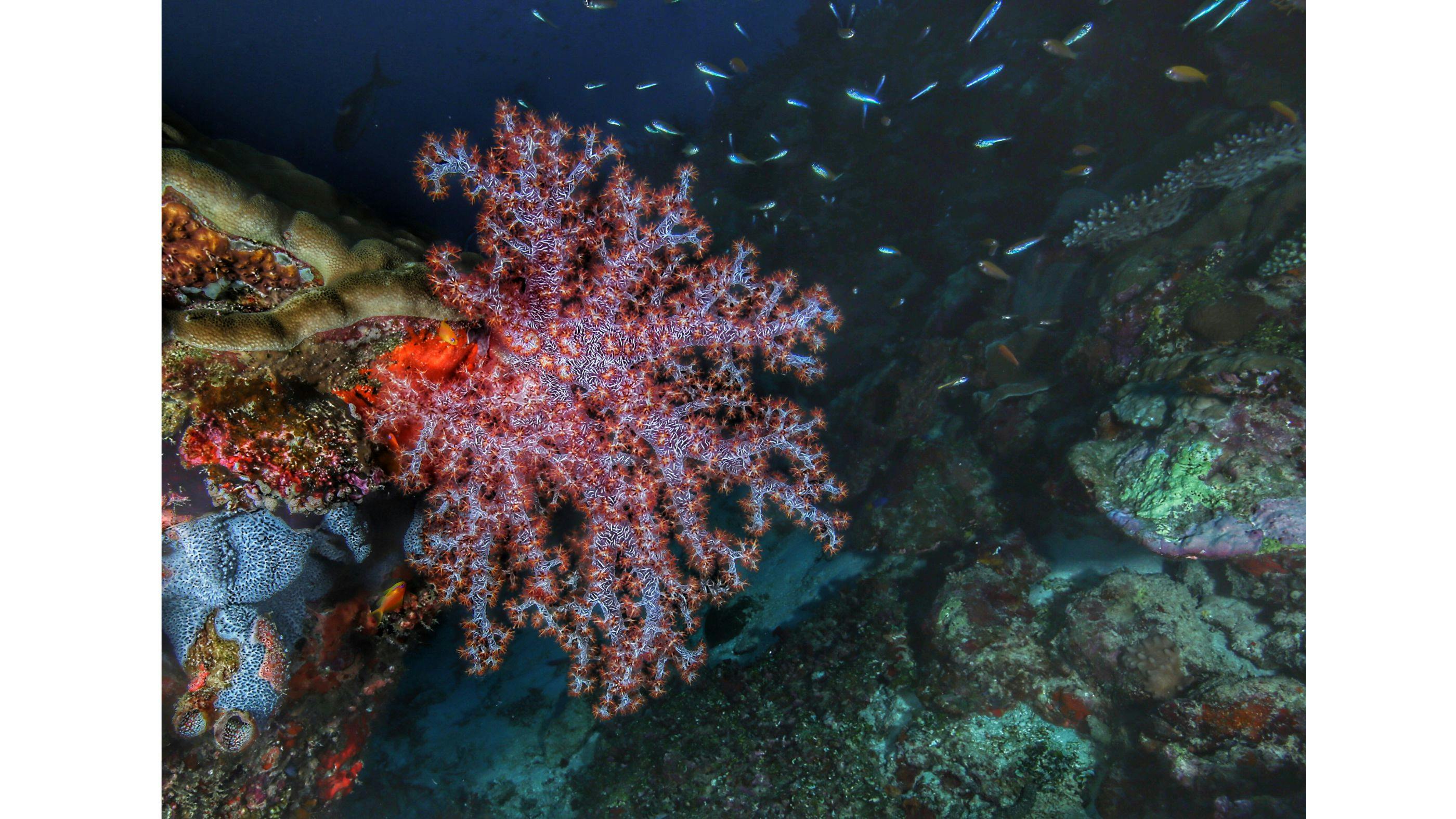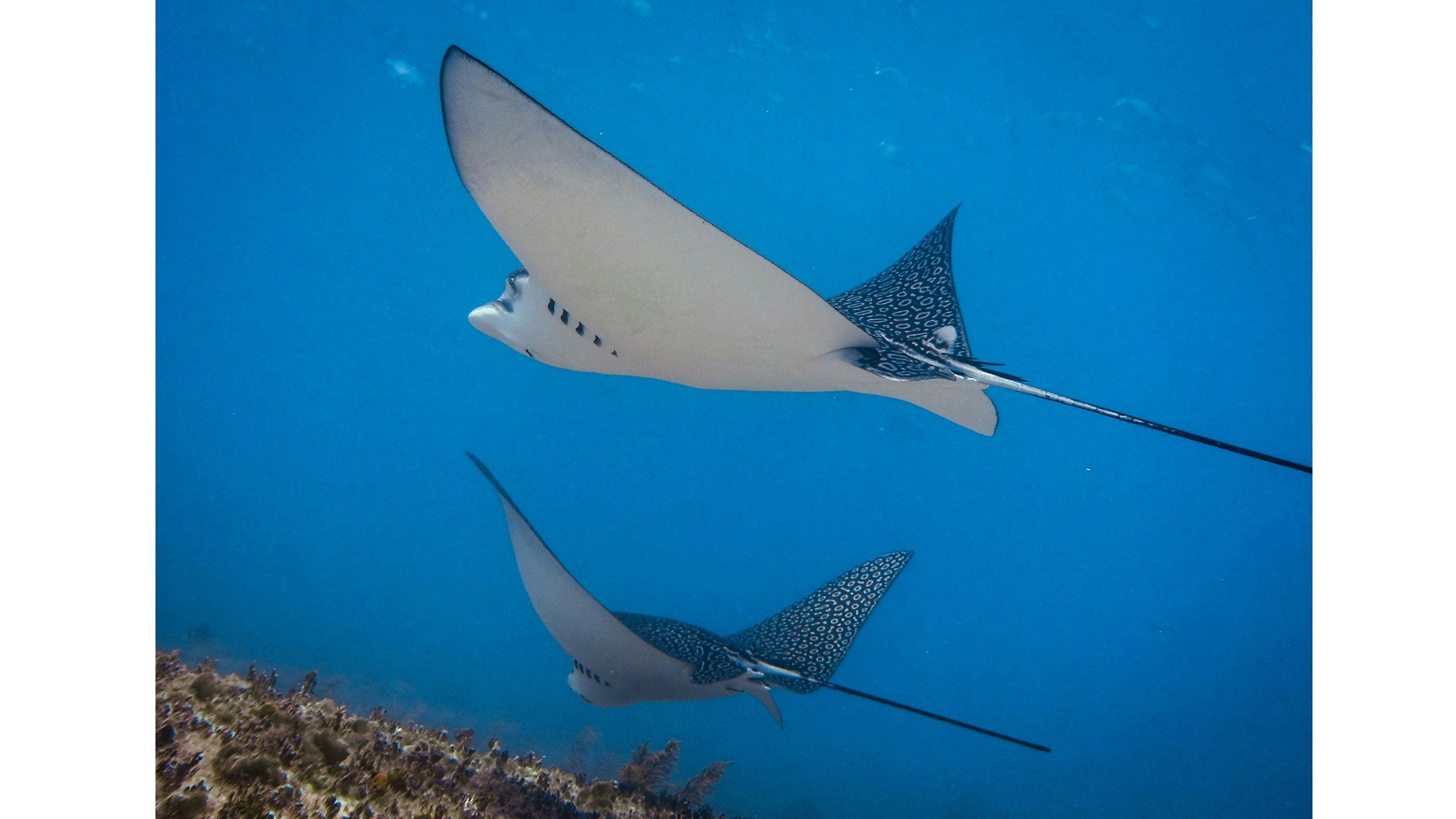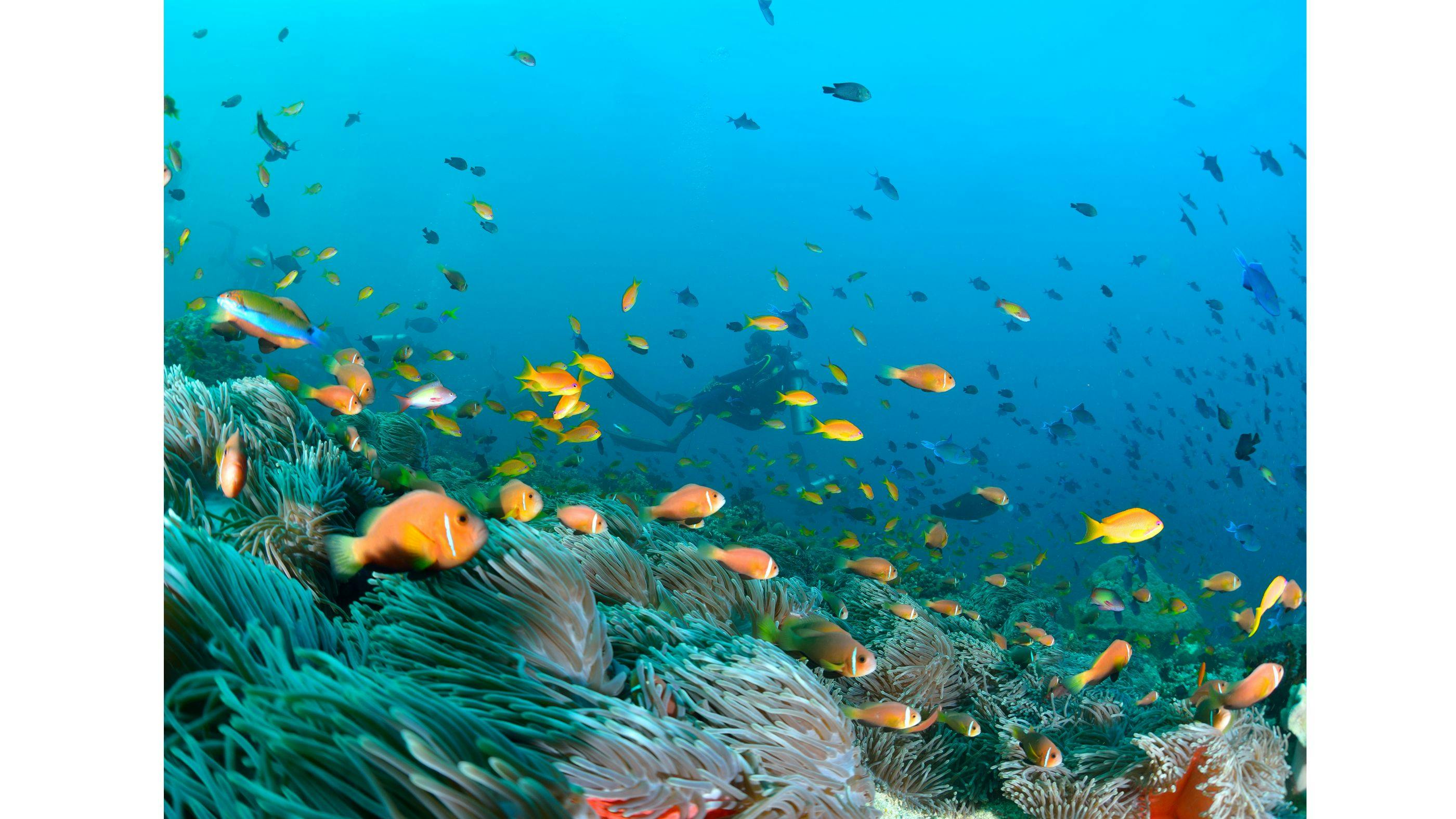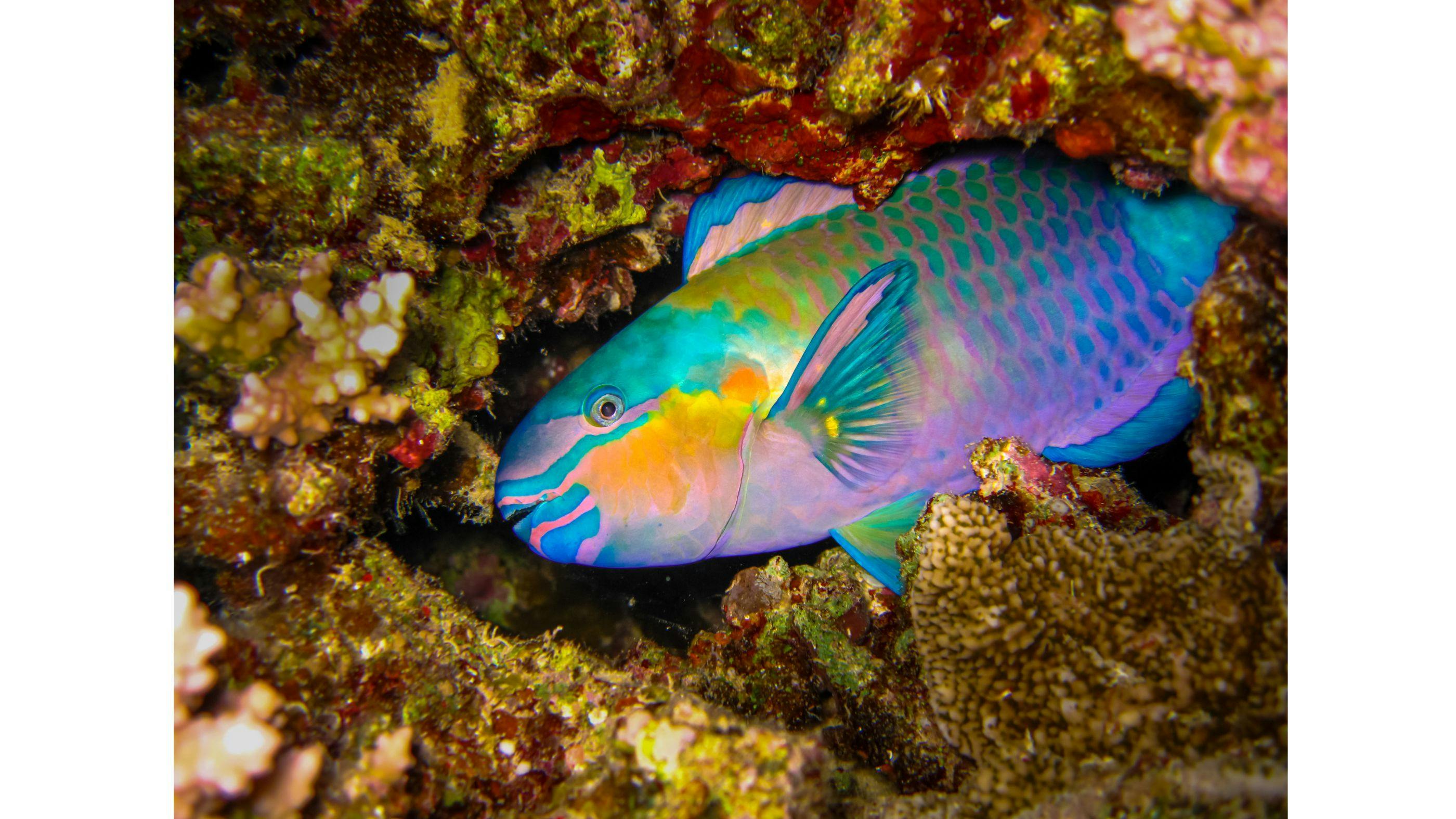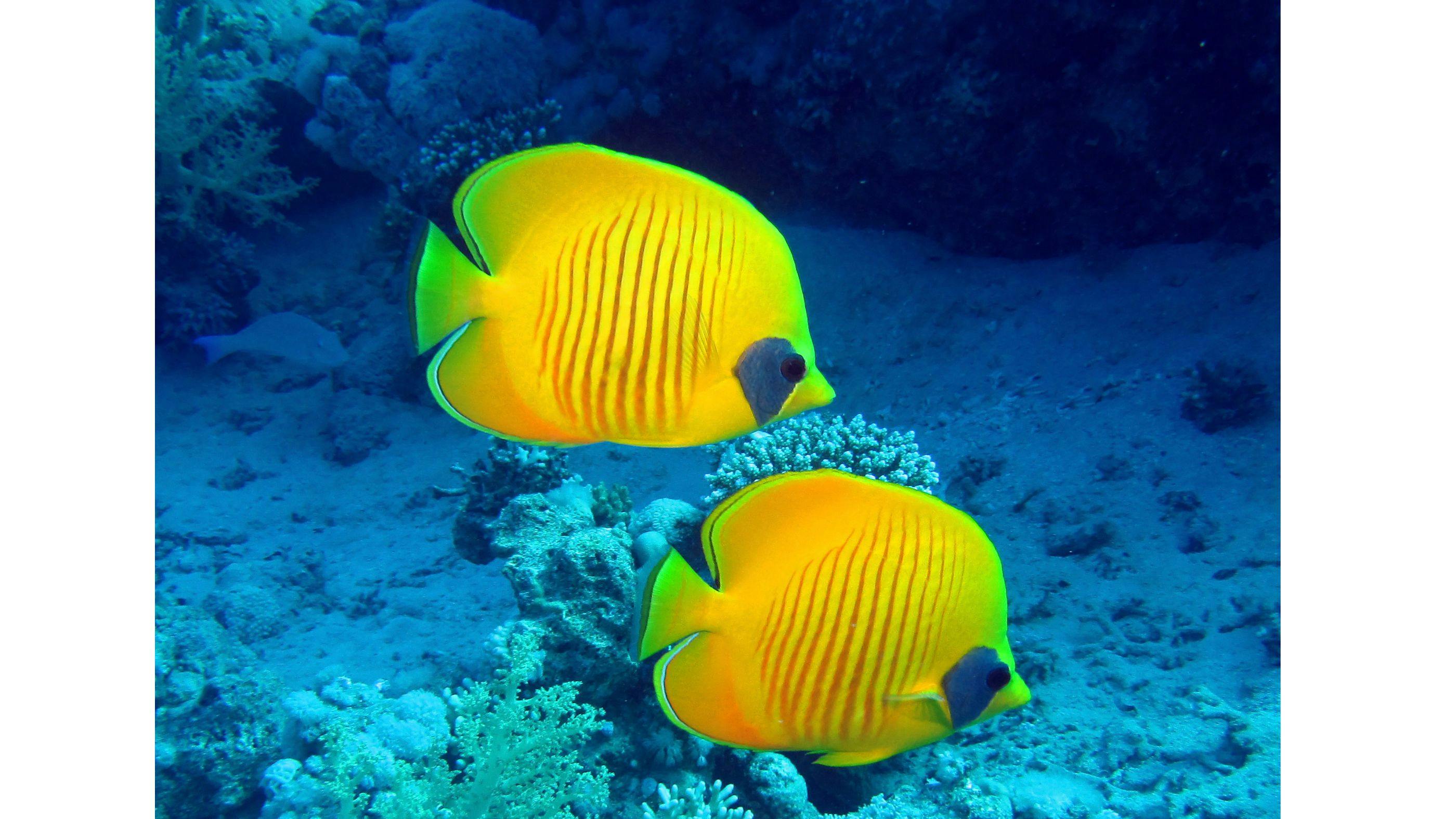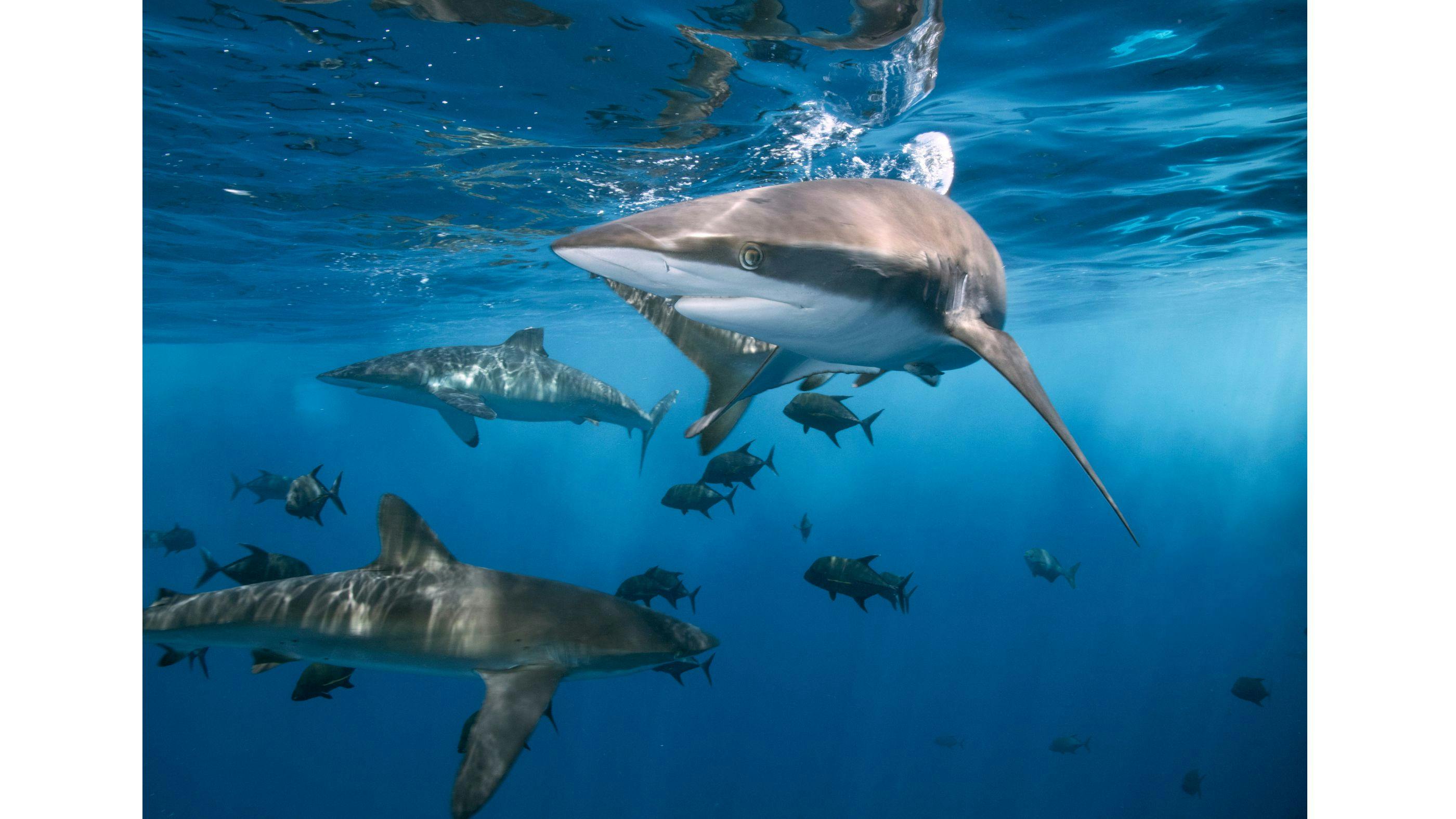Scuba Diving in Maldives
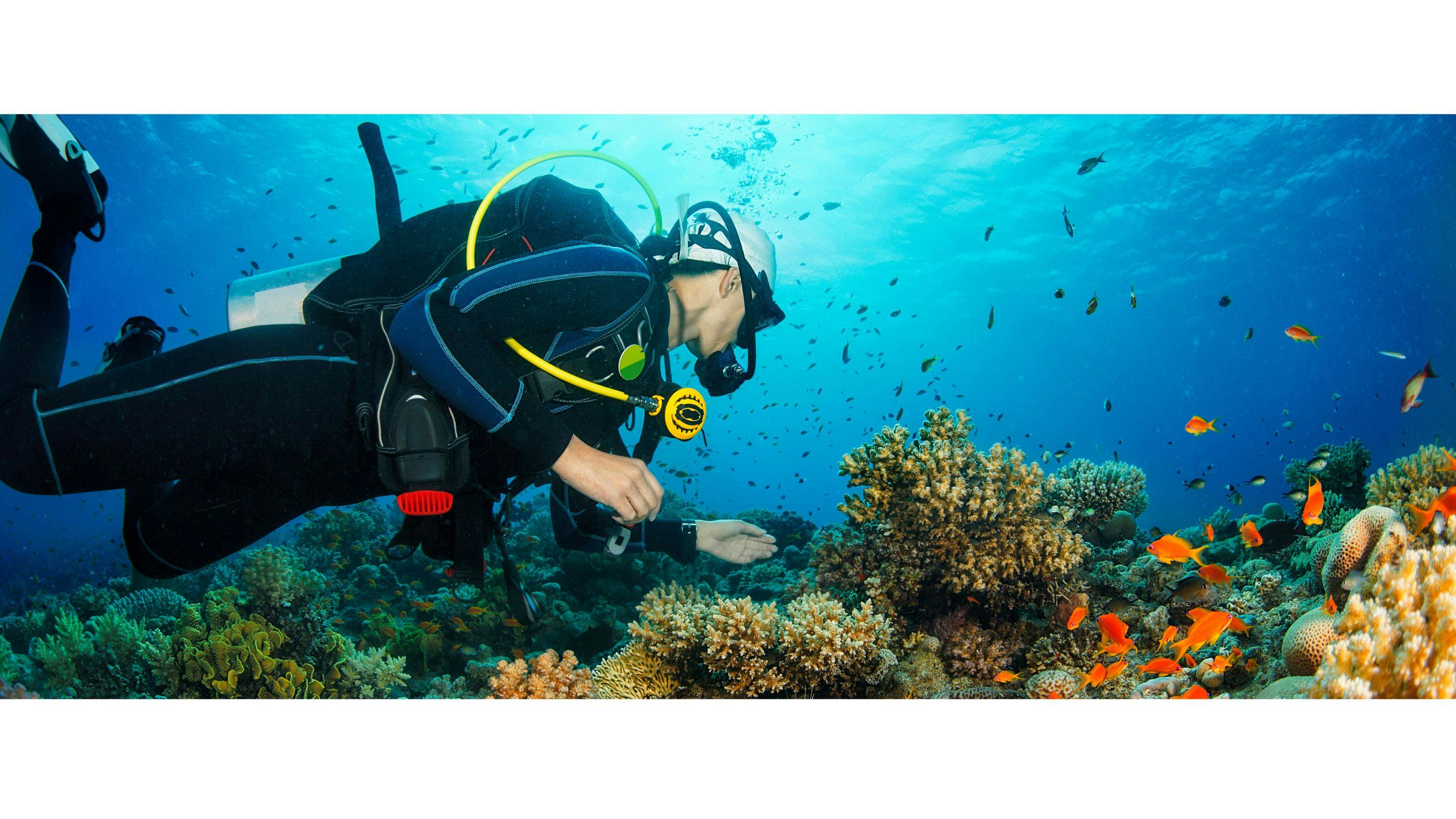
The Maldives is a dream destination for scuba divers. With its crystal-clear waters, colorful coral reefs, and amazing marine life, it offers an unforgettable underwater adventure. Divers from around the world come here to swim with manta rays, whale sharks, sea turtles, and reef sharks in warm, tropical waters.
What makes the Maldives special is its variety of dive spots. Whether you’re a beginner or an experienced diver, there’s something for everyone. You can explore calm lagoons, exciting drift dives, deep ocean channels, and even night dives where the ocean comes to life after dark.
Scuba diving in the Maldives is not just about seeing marine life—it’s about experiencing a whole new world beneath the surface. This guide will help you discover the best dive spots, diving tips, and how to plan your perfect dive trip. Read on to explore everything you need to know!
Why Choose the Maldives for Scuba Diving?
The Maldives is one of the best scuba diving destinations in the world, offering an unforgettable underwater experience. Whether you're a beginner or an expert, diving here feels like exploring a magical underwater paradise.
Incredible Marine Life
The Maldives is home to manta rays, whale sharks, sea turtles, reef sharks, and thousands of colorful fish. You’ll also find breathtaking coral reefs teeming with marine biodiversity, making every dive special.
Crystal-Clear Waters
With visibility reaching up to 40 meters, the Maldives offers some of the clearest waters in the world. This makes it easy to spot marine life and enjoy the beauty of the ocean in full detail.
World-Class Dive Sites
From drift dives and underwater caves to wreck dives and coral reefs, the Maldives has dive sites that cater to every type of diver. Each atoll offers something unique, from thrilling deep dives to calm, shallow reefs.
Diving for All Skill Levels
Whether you're a first-time diver or an advanced pro, the Maldives has dive spots for everyone. Shallow lagoons are perfect for beginners, while experienced divers can enjoy fast drift dives in deep ocean channels.
Best Time to Dive
The Maldives offers great diving year-round, but the best months are November to April when the waters are calm and visibility is at its peak. For manta rays and whale sharks, the months of May to October are ideal.
Best Scuba Diving Spots in Maldives
Best Time to Go Scuba Diving in Maldives
The Maldives offers incredible diving opportunities year-round, but seasonal changes can impact visibility, currents, and marine life encounters.
- November–April (Dry Season): This is the best time for diving, with clear skies, excellent underwater visibility (up to 40m), and calm seas. Popular dive sites experience gentle currents, making it perfect for both beginners and advanced divers.
- May–October (Monsoon Season): The waters are richer in plankton, attracting more manta rays and whale sharks. However, visibility can be lower due to stronger currents. This period is best for those looking for thrilling drift dives and unique marine interactions.
Peak & Off-Peak Considerations:
- Peak Season (December–March): Higher flight and resort costs due to tourist influx. Early bookings recommended.
- Off-Peak (May–October): More budget-friendly, with discounts on resorts, liveaboards, and diving packages. Ideal for spotting manta rays and whale sharks.
Scuba Diving in Maldives Costs & Packages
Scuba diving in the Maldives ranges from single dives to full-week liveaboard experiences. Prices vary based on location, dive type, and package inclusions.
Estimated Costs in INR:
- Single Dive: ₹5,000–₹9,000
- 5-Dive Package: ₹25,000–₹40,000
- Open Water Certification: ₹45,000–₹65,000
- Liveaboard Diving (per week): ₹1,50,000+
Liveaboard vs. Resort Diving:
- Liveaboards: More dives per day, access to remote sites, higher cost but all-inclusive.
- Resort Diving: Fewer dives per day, ideal for those combining diving with leisure stays.
Additional Costs:
- Equipment Rental: ₹3,000–₹6,000 per day
- Certification Courses: Extra cost if getting certified in Maldives
- Travel Insurance: Recommended for diving-related coverage
How to Get Scuba Diving Certification in Maldives
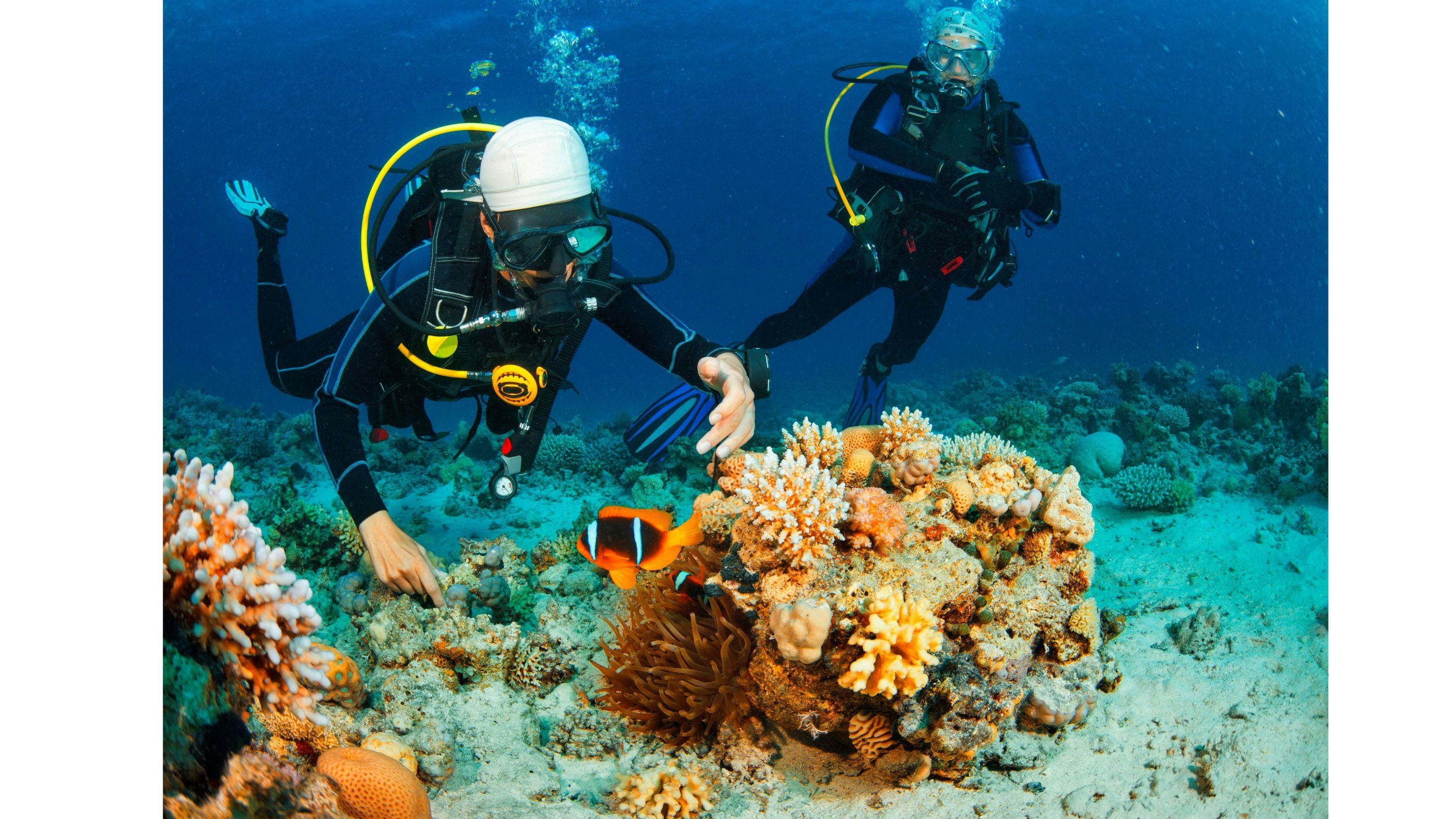
The Maldives is a fantastic place to get PADI or SSI-certified, offering crystal-clear waters and world-class instructors.
PADI vs. SSI Certification:
Both are internationally recognized, but PADI is more widely accepted, while SSI offers a more flexible training approach.
Steps to Get Certified:
- Theory & Pool Training – Learn scuba basics, safety rules, and practice in a controlled environment.
- Open Water Dives – Complete at least four dives in the ocean under instructor supervision.
- Final Exam & Certification – Once passed, receive a globally recognized Open Water Diver certification.
Best Dive Schools & Resorts Offering Courses:
- Maldivian Scuba Academy (Male)
- Euro-Divers Maldives (Multiple locations)
- Prodivers Maldives (Lhaviyani Atoll)
Duration & Cost:
- 3–4 days for Open Water Certification
- Cost: ₹45,000–₹65,000 (including course materials and gear rental)
Getting certified in the Maldives means training in some of the world’s clearest waters, often encountering colorful reefs and tropical fish right from the start!
Essential Scuba Diving Tips for Maldives
- Check weather conditions before booking dives – Visibility and currents vary by season, so plan accordingly.
- Book dives in advance during peak season – Dive sites and liveaboards fill up quickly, especially between December and April.
- Choose a dive operator with experienced guides – Ensure safety and the best dive experience by selecting PADI or SSI-certified instructors.
- Wear a rash guard or wetsuit – Protect yourself from sunburn, jellyfish stings, and coral abrasions.
- Carry your dive certification card (if applicable) – Required for certified divers to join advanced dives.
- Get dive insurance – Covers unexpected cancellations, medical emergencies, and dive-related accidents.
- Do a refresher course if you haven’t dived in a while – Helpful for those who haven’t dived in 6+ months.
- Respect marine life – Avoid touching corals, chasing fish, or disturbing the ecosystem.
- Stay hydrated and avoid alcohol before diving – Dehydration increases the risk of decompression sickness.
- Listen to your dive instructor and follow safety protocols – Always check your gear, monitor air supply, and ascend slowly.

